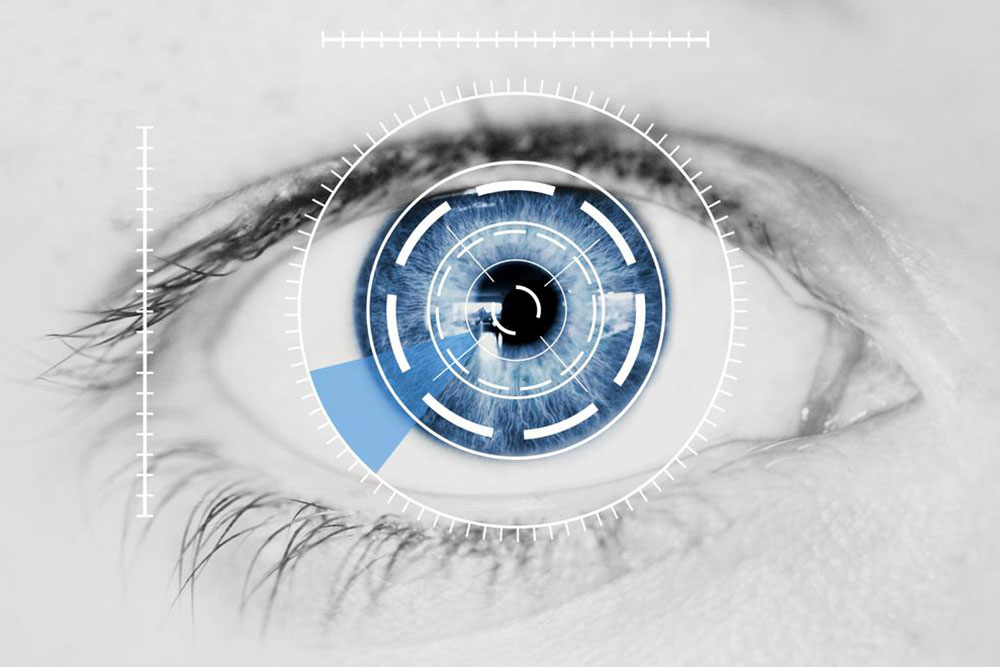Causes Of Eye Floaters
Causes of eye floaters
Eye floaters are basically spots in one’s vision. They might appear as gray or black strings, cobwebs, or specks drifting about when the eyes are moved. They dart away when looked at directly. Occasionally, large floaters might cast shadows over one’s vision and even result in large dark spots in one’s sight. Since they remain within the fluid of the eyes, they keep moving when the eyes move.

Eye floaters generally appear when individuals stare at plain and bright surfaces, such as any reflective object or a plain surface or blank paper. They might appear in just one eye or in both the eyes. If you find that there is an increase in the eye floaters that you have been experiencing, consult an eye specialist immediately. This is especially important if you are seeing light flashes or losing peripheral vision. Consider these as signs of an emergency and take prompt action.
What are the common causes of eye floaters?
- Age-related changes to the eye tend to be one of the most common causes of eye floaters. The lens and the cornea in the front of the eye focus light on the retina at the back of the eye. With light passing from the front to the back of the eye, the jelly-like substance within the eyeball called the vitreous humor works better. Changes to this vitreous humor can result in eye floaters. The condition is called vitreous syneresis and is a common issue of aging.
- Eye injuries are also one of the reasons behind eye floaters. If the eye is suddenly hit by an object or gets damaged due to an accident, an individual might experience eye floaters.
- Nearsightedness can also be a cause of eye floaters. Vitreous syneresis occurs at a very fast pace among people with nearsighted vision.
- Inflammation and swelling of the eye due to an infection can result in eye floaters.
- Crystal-like deposits might form within the vitreous and disturb the light that passes through it, resulting in eye floaters.
- Diabetic retinopathy is a condition that also causes eye floaters. Diabetes can cause great damage to the blood vessels leading to the retina. The retina might not be able to get light and images if it is damaged.
- The visual aura of a migraine headache is also a common cause of floaters.
- Intraocular tumors can also result in floaters.
- Bleeding in the eye can take place because of a number of reasons, and these include hypertension, diabetes, injury, and congested blood vessels. In these cases, blood cells might be seen in the form of floaters.
- Certain medicines injected into the eye can result in air bubbles. These bubbles appear as shadows till the eyes absorb them. Different vitreoretinal surgeries tend to add silicone oil bubbles to the vitreous, resulting in floaters.
When are eye floaters a medical emergency?
- If you notice new floaters every now and then, it might not be a matter of great concern.
- Nevertheless, if you see showers of spots and floaters accompanied by flashes of light, it is time for you to seek emergency medical attention.
What happens if proper treatment is not availed for this condition?
- The causes of eye floaters are rarely troublesome to result in additional issues.
- However, more serious conditions require immediate treatment.
- Always keep in mind that these conditions might not disappear completely, but they can improve with time if proper treatment is availed.
How can floaters be prevented?
- The condition can be prevented by knowing the eye floaters – causes.
- It is important for people to know that this condition is a result of the natural aging process.
- While these cannot be prevented, you can always ensure that what causes eye floaters does not result in bigger problems.




